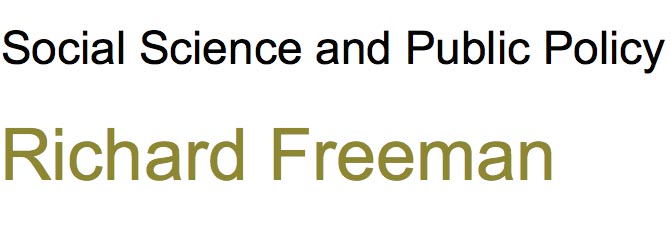Richard Freeman, Steven Griggs and Annette Boaz edited a recent special issue of Evidence and Policy on the practice of policy making…
Both evidence and policy – separately and together – derive meaning from an implied other, third term: that of practice. Evidence may be derived from practice or may be designed to inform it; it is often most significant when it contradicts it. The purpose of policy, similarly, is to shape and order practice, and evidence is one of the ways it finds of doing so. In this way, each term makes sense only in relation to a shared antonym, that of practice. And even when evidence and policy converge and coincide, there remains a residual order of practice, the unruly and elusive world in which things really happen, ordered but only partly so by evidence and policy.</p>In much of the literature, and often in the pages of <i>Evidence and Policy</i>, ‘practice’ serves as something of a cipher. It stands for what happens after policy, as evidence is deployed by front-line staff such as social workers, teachers, doctors and nurses. Our purpose here, in this special issue, is to make explicit this domain of practice, to define it and to indicate different ways of exploring it. To the extent that evidence and policy are unthinkable without a concept of practice, we offer ways of thinking about them again.
